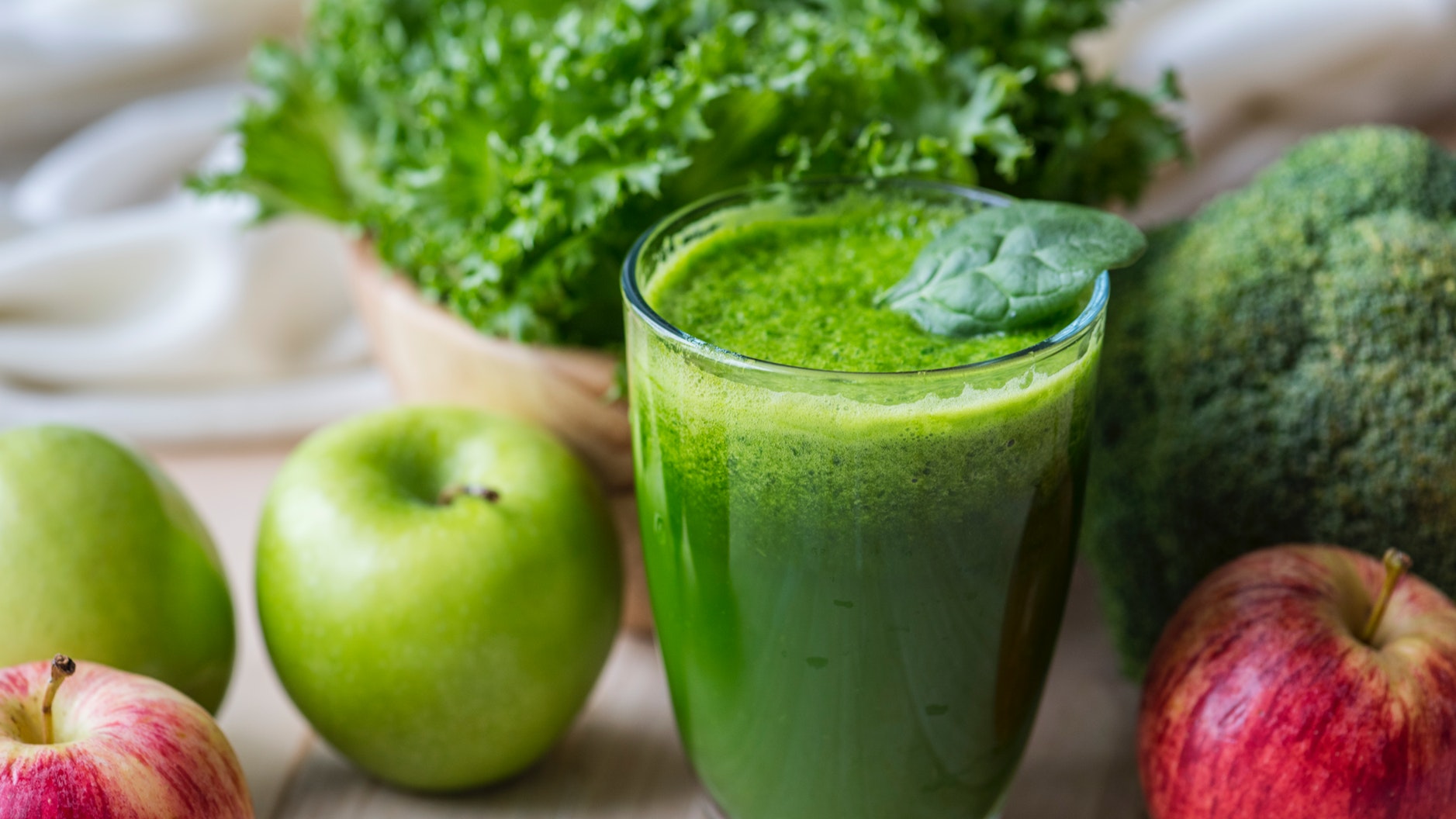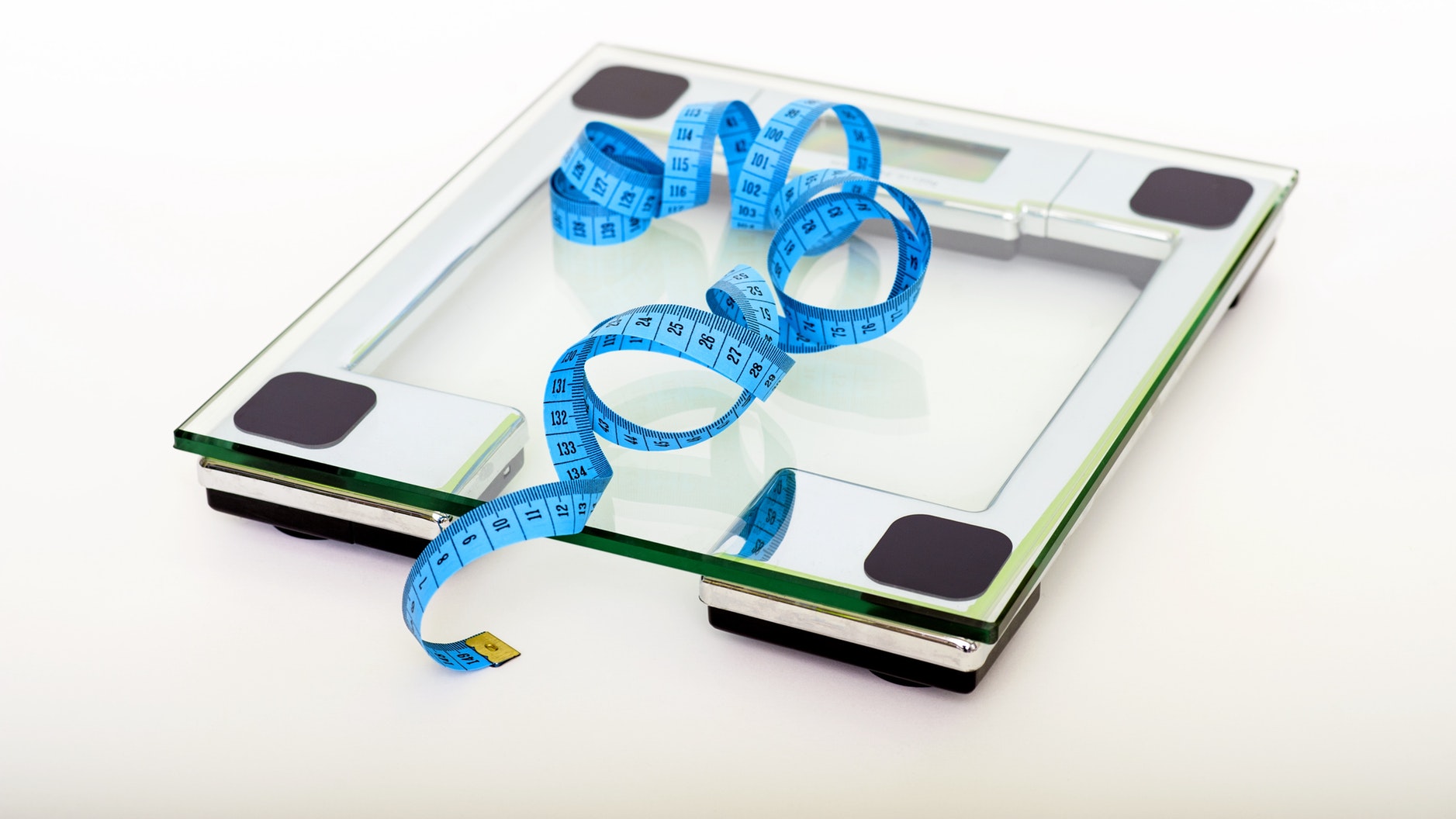Everyone experiences digestive problems from time to time. Upset stomach, gas, constipation, and diarrhea- we’ve all been through it. When these symptoms occur frequently or for long periods of time, our lives can be negatively impacted in many ways.
For example, social outings just aren’t the same with stomach problems.
Luckily there are many ways to get our digestive system back to normal and keep it that way. Changes in our lifestyle and diet can go a long way.
Here are 7 tips to improve your digestion:
1. Drink More Water
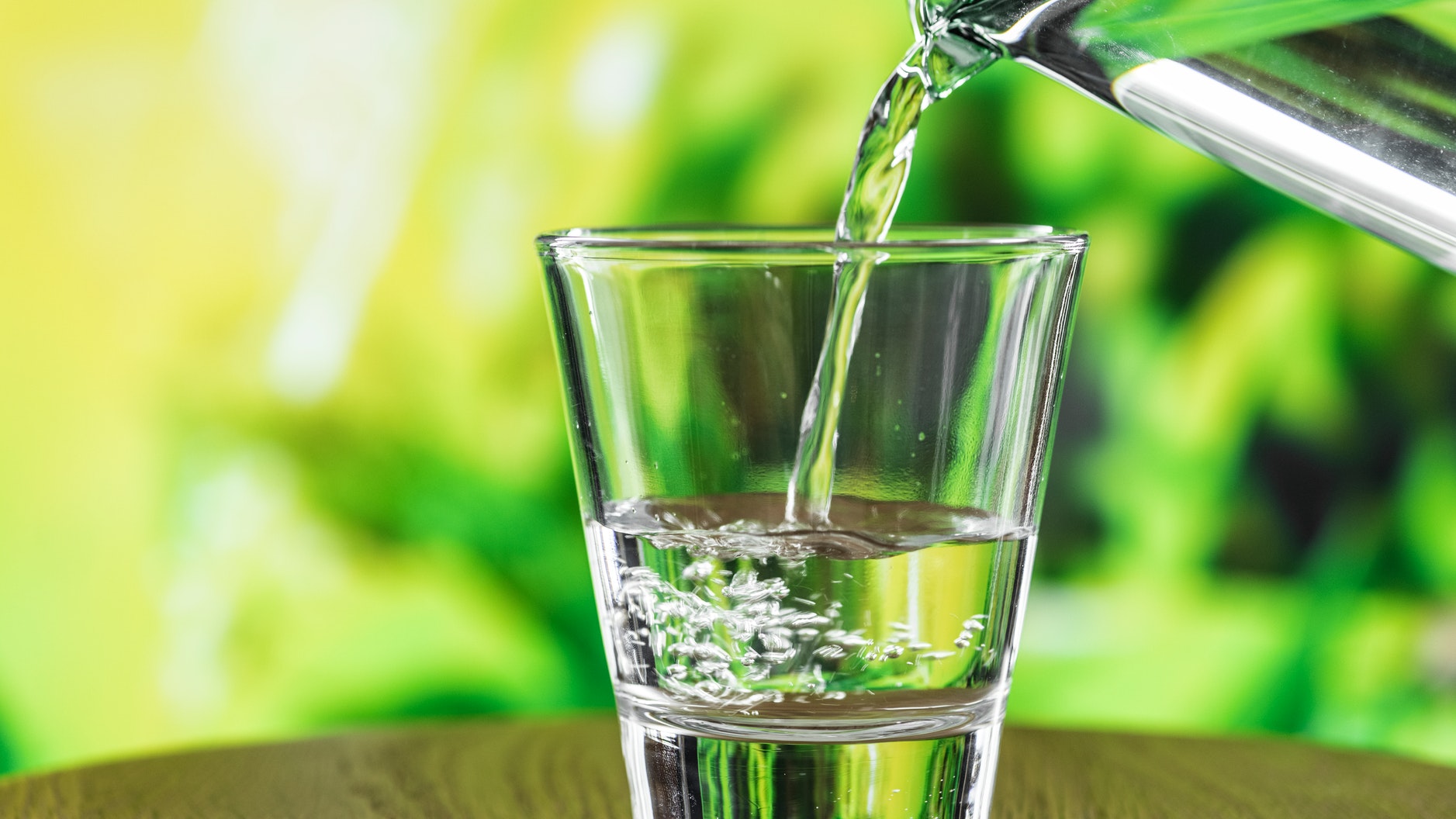
Increasing your water consumption throughout the day will help you avoid functional constipation. How? Not enough water can leave your intestines dry resulting in constipation. It’s also important to drink water consistently, not in bunches. So, make sure you have a bottle of water next to you at all times and get drinking! If you have a hard time drinking a lot of water, sparkling water will do just fine. In fact, the carbonation might even help you let that extra gas escape.
2. Exercise

Regular exercise is a great way to keep your digestive system moving things along. Sedentary individuals have a much harder time processing food and as a result your body doesn’t utilize the nutrients correctly. Consider taking a short walk after a meal to help digestion.
3. Eat Real Foods
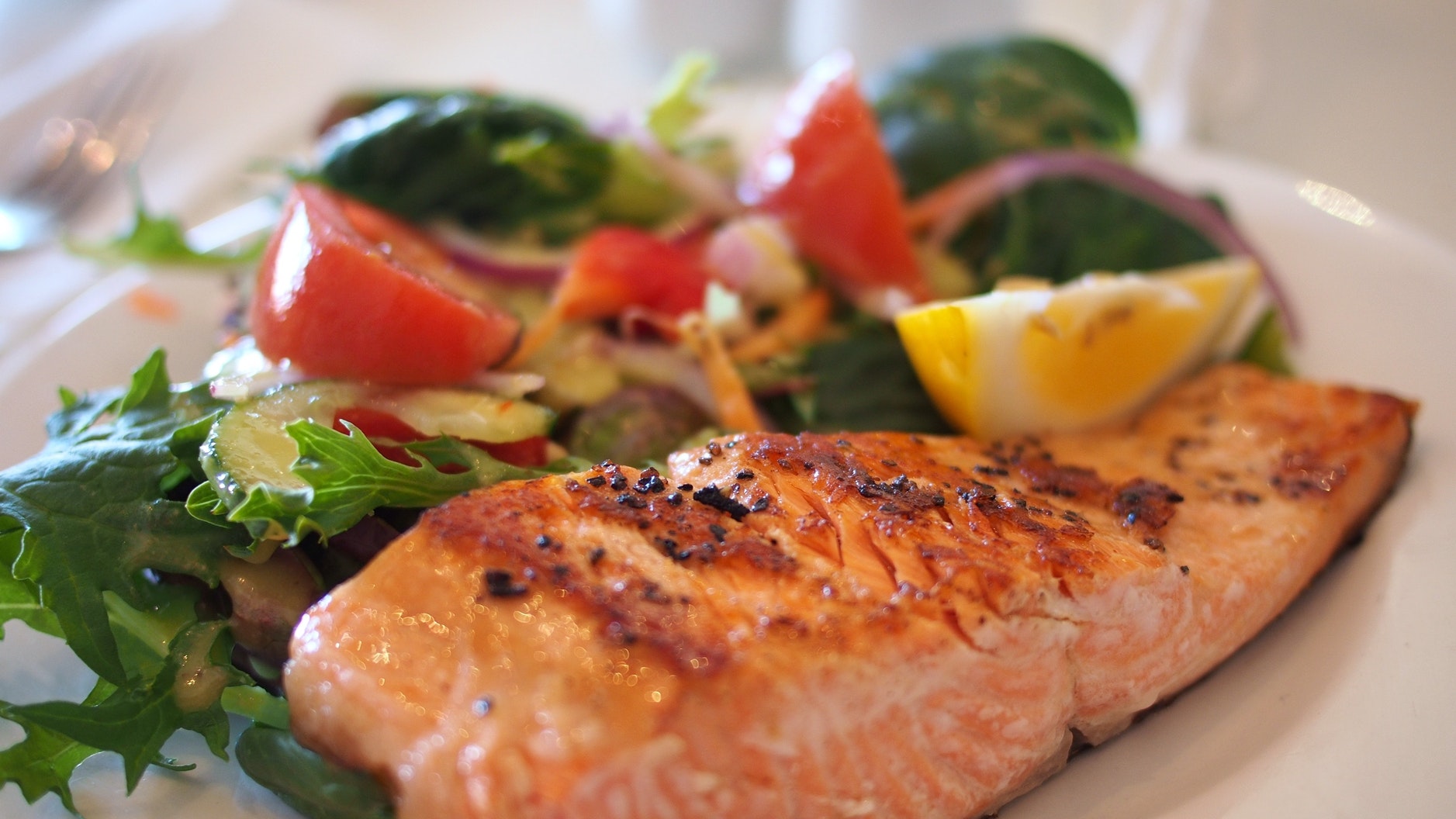
The type of food we eat plays a huge role in how our digestive system, and our whole body in fact, functions. A diet heavy in processed foods can lead to all sorts of digestive problems and disorders. Not only that, these foods can inflame the gut, and over time, our joints as well.
Stay away from foods that are high in trans fat. Your digestive and cardiovascular systems will thank you.
Also, stay away from artificial sweeteners. Many drinks nowadays are filled with these chemicals that can cause bloating and promote harmful bacteria from growing in our gut.
4. Ingest More Fiber
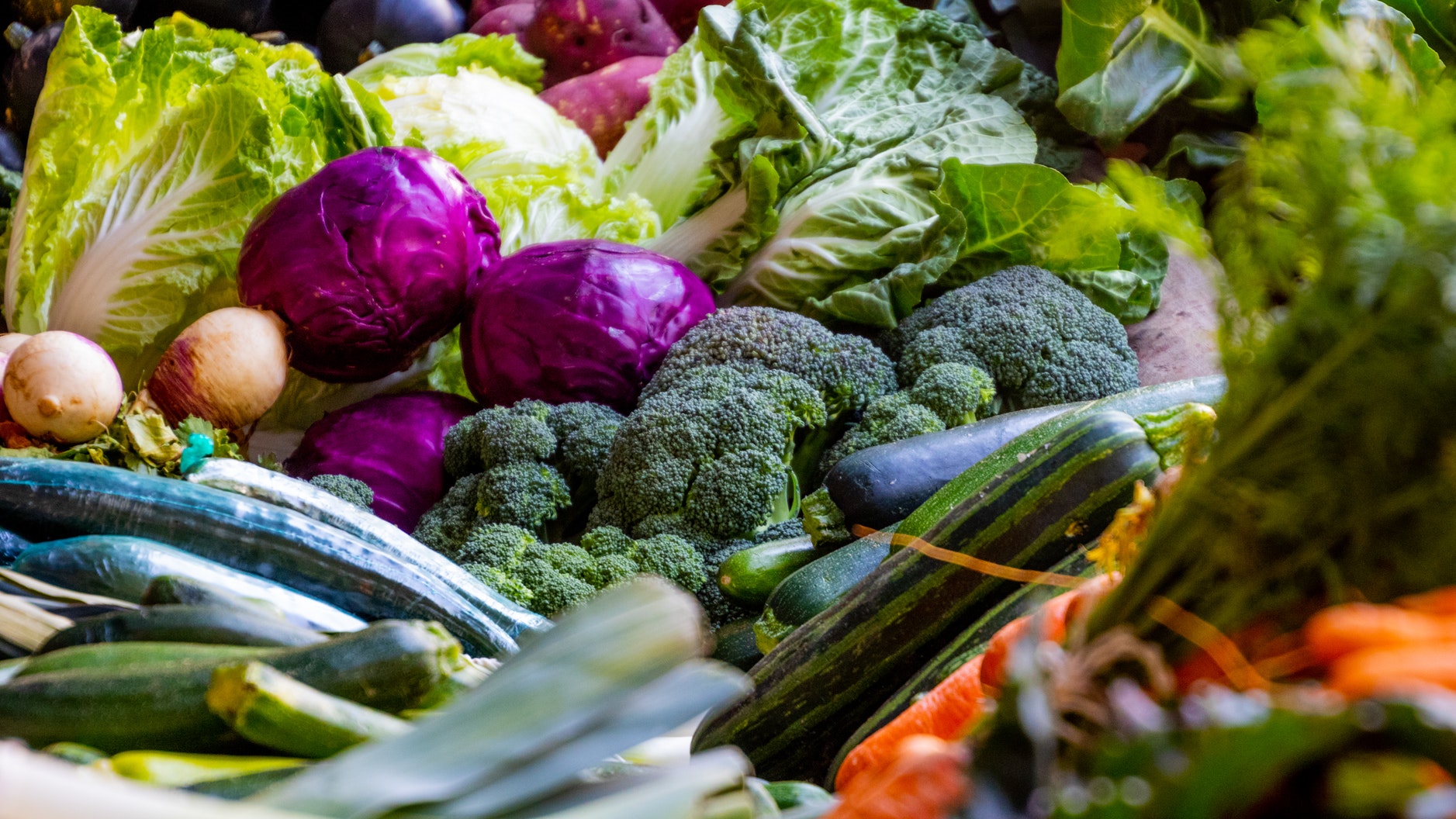
Fiber is a must if you want a healthy digestive system. It’s important you’re eating fiber with every meal to make sure everything is digested properly.
Soluble fiber: dissolves in water and slows digestion to allow proper absorption of nutrients. Soluble fiber also blocks fats from being absorbed as well helping lower cholesterol. Examples: oats, nuts, barley, seeds, beans, and some fruits and vegetables.
Insoluble fiber: It is insoluble so it catches byproducts of digestion and overall helps keep things moving along in your intestinal tract. Examples: whole grains and vegetables.
A combination of soluble and insoluble fiber will help you stay fuller for longer, while keeping your digestion running smoothly.
5. Probiotics
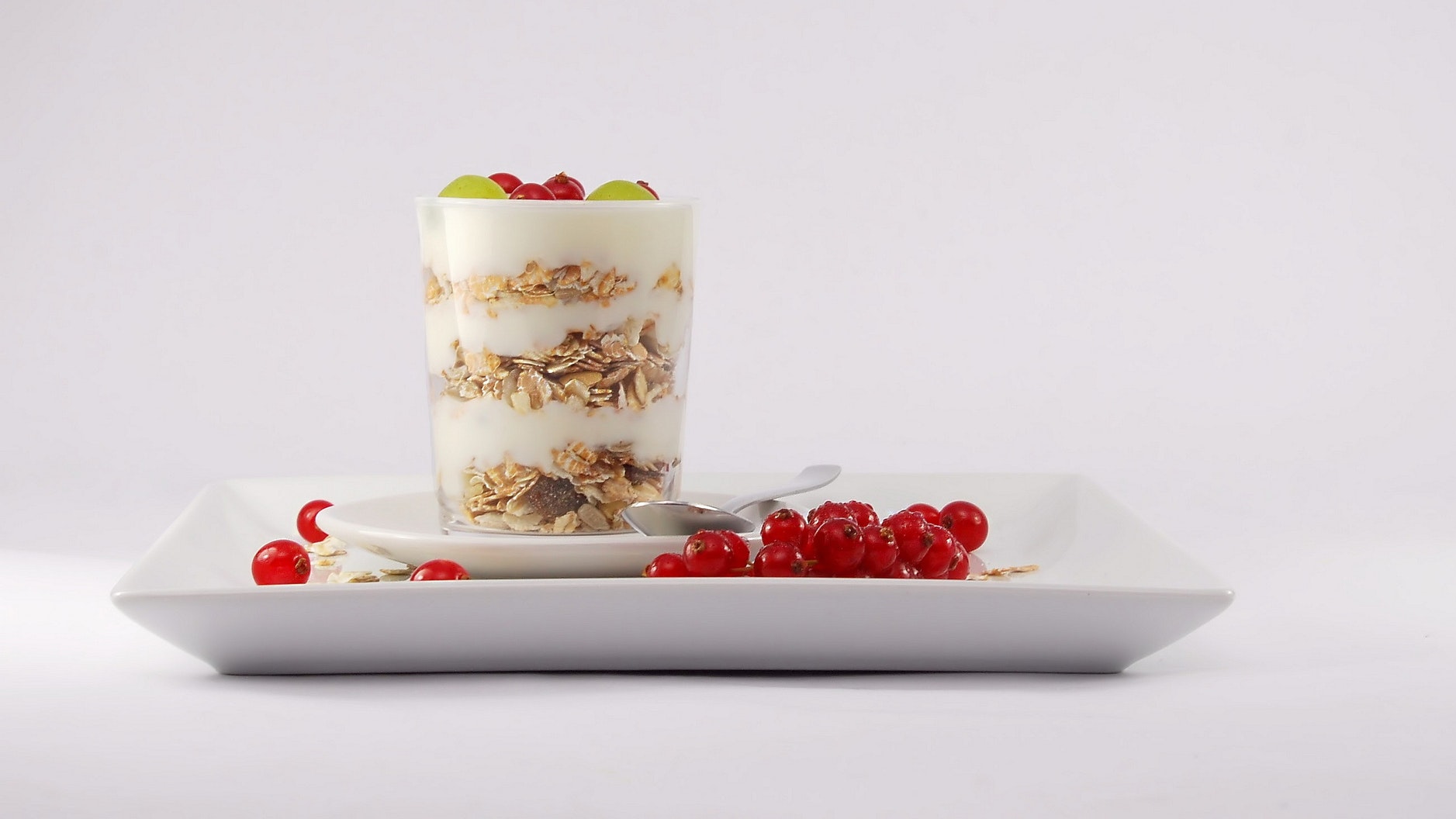
Your digestive system is home to millions of bacteria. They aren’t harmful, however. In fact, these bacteria aid in digestion and we can’t live without them. When we encounter digestive problems it can be because these bacteria aren’t digesting food properly. Probiotics, which are living microorganisms, can be eaten to provide your gut with healthy bacteria. Fermented foods like yogurt are perfect sources of probiotics. Don’t eat too much!
6. Supplements
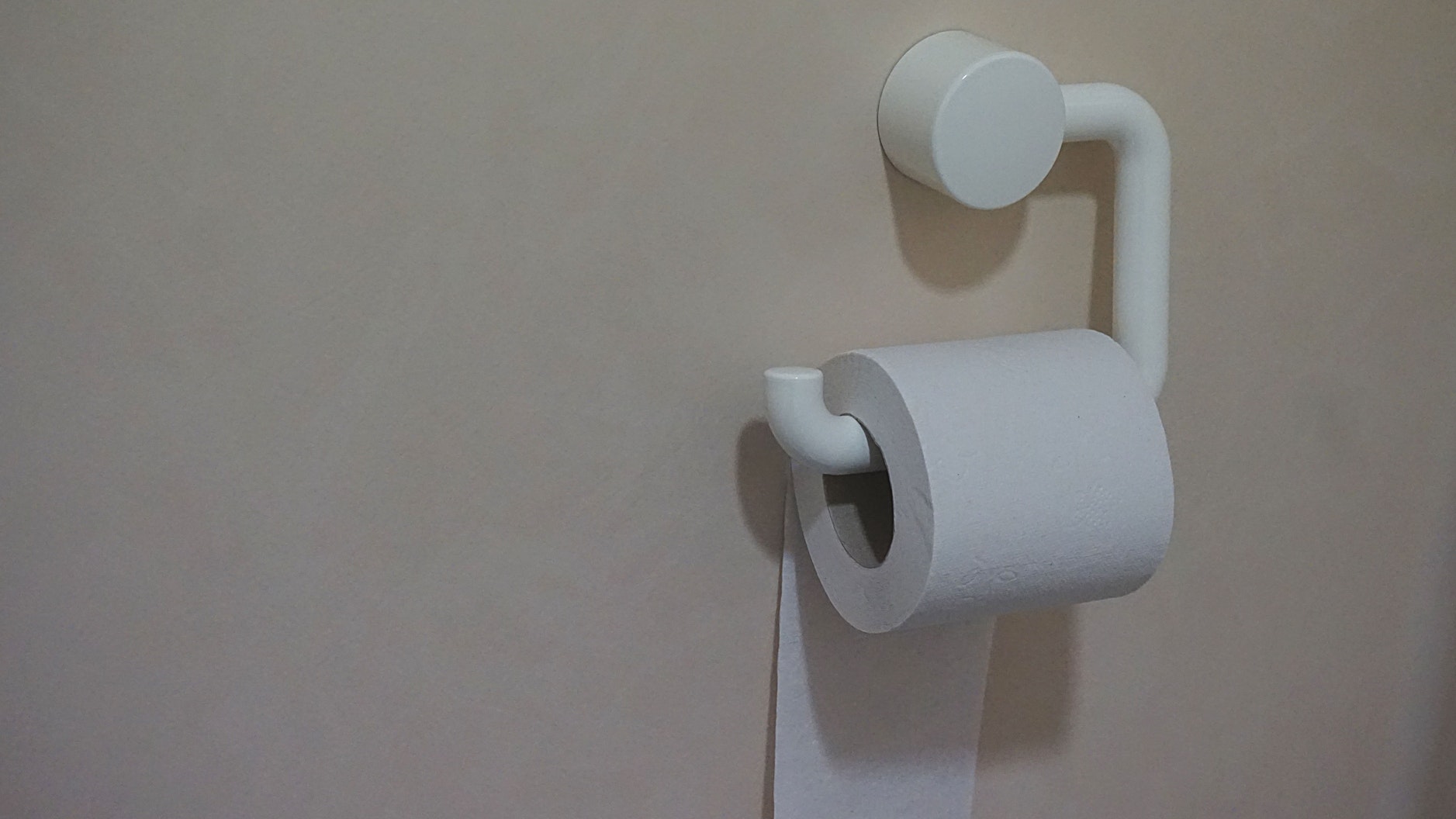
Supplements can be a sort of last resort when it comes to improving digestion. They work extremely quickly and effectively, so they should only be used on occasion. Osmotics work as stool softeners, while stimulants cause muscle contractions.
Fiber supplements can also be used daily to provide a daily boost of fiber.
7. Stress Less

Stress places a heavy burden on our body and all of its body systems. Chemical and physical changes can cause diarrhea or constipation depending on the person. Incorporate stress management techniques such as mindfulness breathing, yoga, or meditation.
Visit Modern Fit today for nutrition and diet plans, exercises, and more articles like this.

